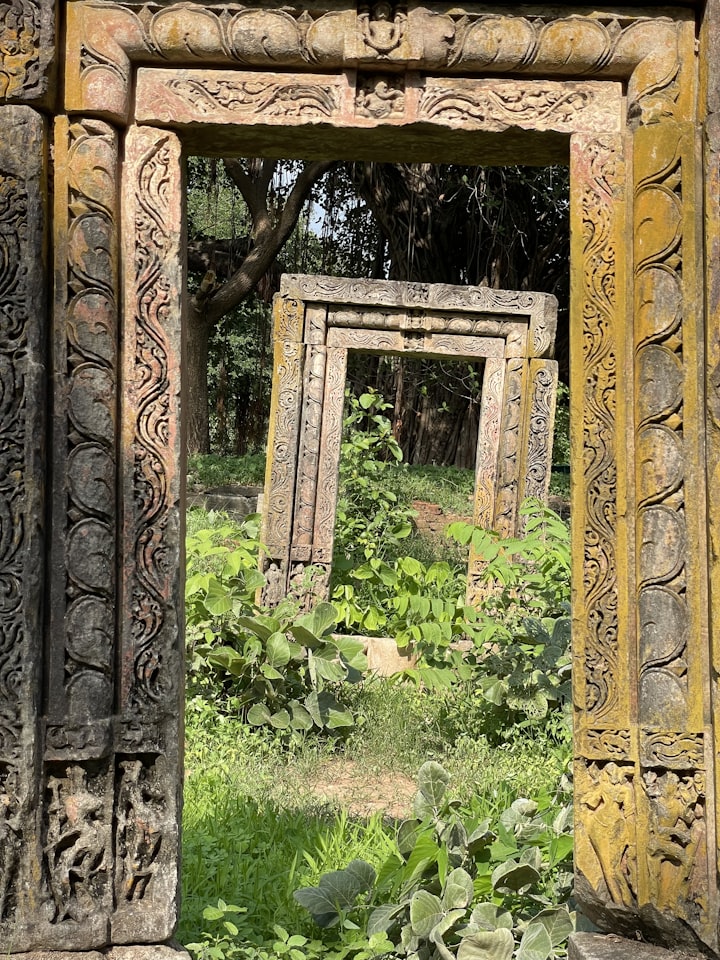TOP 10 FACTS ABOUT ANCIENT CIVILIZATIONS
(UNKNOWN MYTHS)

Ancient civilizations have a special position in human history because they capture our curiosity and imagination. With their cutting-edge accomplishments and cultural legacies, these amazing societies continue to fascinate us today. Ancient civilizations have left a lasting impression on our collective memory, from the majestic Roman Empire to the towering pyramids of Egypt.
The architectural wonders of ancient civilizations are one of the things that attract us. The impressive buildings they constructed—often with scant technological resources—stand as a testament to their creativity and skill. The Parthenon in Athens, the Great Wall of China, and the Angkor Wat temples in Cambodia all inspire awe and reverence.
1. Ancient Greece had a significant influence on Western civilization since it gave birth to democracy, philosophy, and the Olympic Games. The Greeks made important contributions to literature, art, astronomy, mathematics, and other fields. With their distinct political structures, the city-states of Athens and Sparta demonstrate the diversity of ancient civilization.
2. The mythological creation of Ancient Rome by Romulus and Remus, as well as the huge Roman Empire, all left a lasting impression on human history. Roman engineers were world-class, building an incredible network of highways, aqueducts, and magnificent structures like the Colosseum. Their government and legal system had an impact on contemporary legal and political structures.
3. The Inca Empire, which controlled a sizable portion of South America, was the largest pre-Columbian civilization in the Americas. The Incas, who are famous for their magnificent stone constructions like the famous Machu Picchu, had an advanced agricultural system, a centralized government, and a special communication system using quipus, a knot-tying recording method.
4. Inventions like papermaking, gunpowder, and the compass were developed in Ancient China, which has a long and illustrious history dating back thousands of years. They are known for their architectural brilliance and cultural accomplishments, as seen by the Terracotta Army, the Forbidden City, and the Great Wall of China.
5. Mesopotamia in antiquity: Known as the "Cradle of Civilization," Mesopotamia included the productive plains between the Euphrates and Tigris rivers. The Sumerians, Babylonians, and Assyrians invented writing systems, produced some of the first legal laws in history (such as Hammurabi's Code), and constructed stunning monuments like Babylon's Hanging Gardens.
6. Aztec Empire: Known for its capital city Tenochtitlan, which was erected on an island in Lake Texcoco, the Aztec Empire ruled over much of central Mexico. The Aztecs had a sophisticated civilization with a strong military, stunning buildings like the Templo Mayor, and a deep religious tradition.
7. Ancient Persia: From the Mediterranean Sea to the Indus River, the Persian Empire was ruled by mighty kings like Cyrus the Great and Darius I. The Persian Empire, which was renowned for its tolerance and creative government, created magnificent palaces and the well-known Royal Road, among other lasting legacies.
8. Civilization of the Indus Valley: The Indus Valley Civilization was one of the first urban civilizations, flourishing in modern-day Pakistan and northwest India. This ancient civilization, renowned for its well-planned towns, intricate drainage systems, and fine workmanship, is still shrouded in mystery because of the unreadable Indus script.
9. Mesoamerica was the center of the Maya Civilization, which is renowned for its magnificent cities and intricate calendar. Advanced mathematics, astronomy, and writing were all invented by the Maya. Their magnificent artwork, temples, and pyramids serve as examples of their architectural and artistic prowess.
10. Ancient Egypt was a fascinating culture that thrived along the Nile River and is well-known for its pyramids, hieroglyphs, and pharaohs. We are still fascinated by their advances in construction, engineering, and medicine as well as their belief in the afterlife and their elaborate funeral customs.
These historic cultures offer a window into the complex human history and outstanding accomplishments of our ancestors. We can better understand the inventiveness and legacy of these ancient societies by investigating their cultural, scientific, and architectural wonders.
About the Creator
Zenia Samson
Hi, I'm Zenia and I love to get information and know the facts as I believe in the motto of "Knowledge is power" and I would love to be a powerful person.
Here im going to share my power with you
Thanks!






Comments
There are no comments for this story
Be the first to respond and start the conversation.